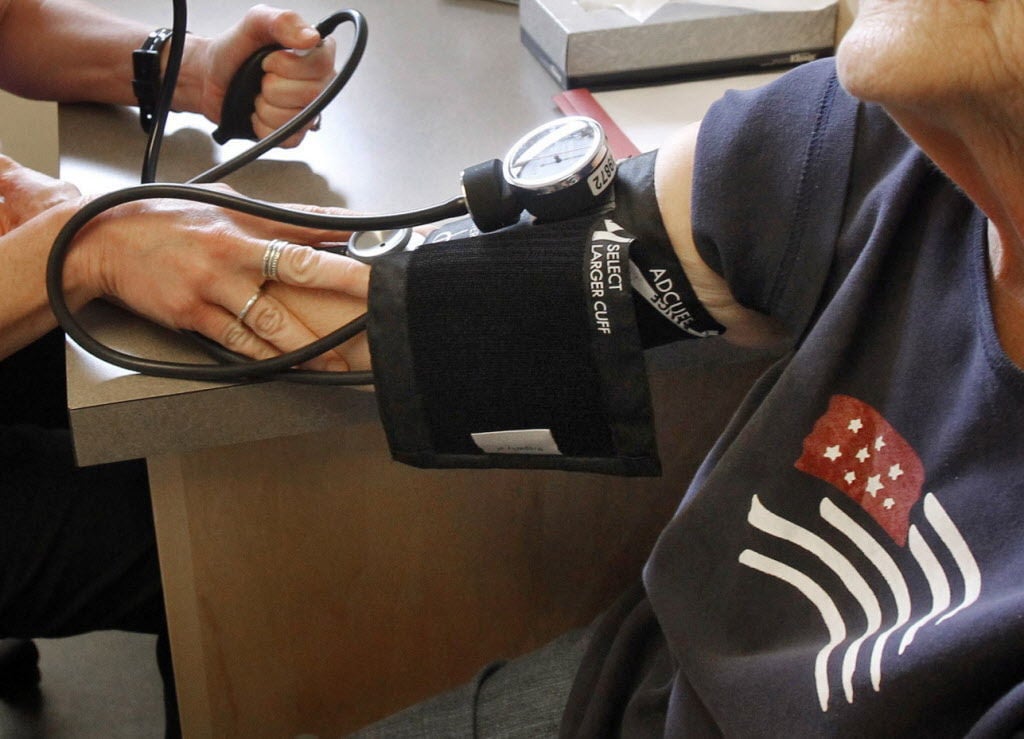Arizona residents in Maricopa, Yuma and Greenlee counties have better overall health scores and easier access to health services than those living in Pima County, a new study shows.
The study, County Health Rankings, was released Monday by the Robert Wood Johnson Foundation and the University of Wisconsin Population Health Institute. It compares Arizona counties to one another as part of a nationwide study.
The study looks at more than 30 factors including education, housing, jobs and access to medical care to see how these influence how long, and how well, people live.
It shows Pima County’s fourth-place ranking within Arizona is driven by its rates of obesity and related chronic diseases, such as diabetes, as well as problems people have accessing health and behavioral-health services.
It’s also tied to a lack of affordable housing, which the report says is a barrier to accessing health care.
Among Arizona’s children living in poverty, 53 percent live in a household that spends more than half of its income on housing. This makes it difficult for families to afford other things that are critical to good health, such as healthy food, medicine and transportation.
In Pima County, about 26 percent of renters spend 50 percent or more of their income on housing, slightly higher than in Maricopa County and in Arizona as a whole.
In Pima County, other risk factors that drive down overall health include:
- Nearly 15 percent of Pima County residents lack health insurance, which often leads to delayed care and poor health outcomes.
- Nearly a quarter of Pima County residents earn less than 125 percent of the federal poverty level.
- People living in rural and low-income areas struggle more with access to health and behavioral-health services and healthy food.
The report suggests three health priorities for Pima County:
- The need for easier access to behavioral-health services, including help for mental illness and substance use.
- Reducing the rates of obesity and related chronic diseases.
- Increasing access to services, including how services are provided and their overall availability.
Overall, Arizona has a substantial number of people who are under-served living in both urban and rural areas, said Dr. Daniel Derksen, associate vice president for health equity and outreach at the University of Arizona, who did not take part in the study.
Some Arizona residents live in areas where they have to travel 30 or 40 miles to get basic health care, he said. The state ranks 44th out of 50 states when it comes to physician shortages, according to a recent study by the UA’s Mel and Enid Zuckerman College of Public Health’s Center for Rural Health.
“We really need to address some of our primary-care shortages,” Derksen said. “We really need to strengthen our primary and preventative services, and make them more readily accessible both in rural areas, where it’s quite alarming, but also in under-served urban areas.”
Maricopa County ranked healthiest in Arizona and Apache County the least healthy, the Robert Wood Johnson study shows, with poverty a factor that heavily influenced the outcomes.
The report says that in addition to housing, poverty levels, access to education, and health insurance are the social factors most linked to low outcomes. Along with Apache, the other four counties in the poorest health in Arizona are Navajo, Gila, La Paz and Mohave.
Ten out of Arizona’s 15 counties did better than Pima County when it came to environmental factors such as air pollution, water violations, severe housing problems and long commutes.
But one factor that helps Pima County is that, on average, more people here finish high school and college than the state average, although there are significant disparities depending on where people live, the report says. It notes: “Education is a key driver of health status.”
Other strengths for Pima County: It ranks first for clinical care and second for health behaviors among Arizona’s counties.





